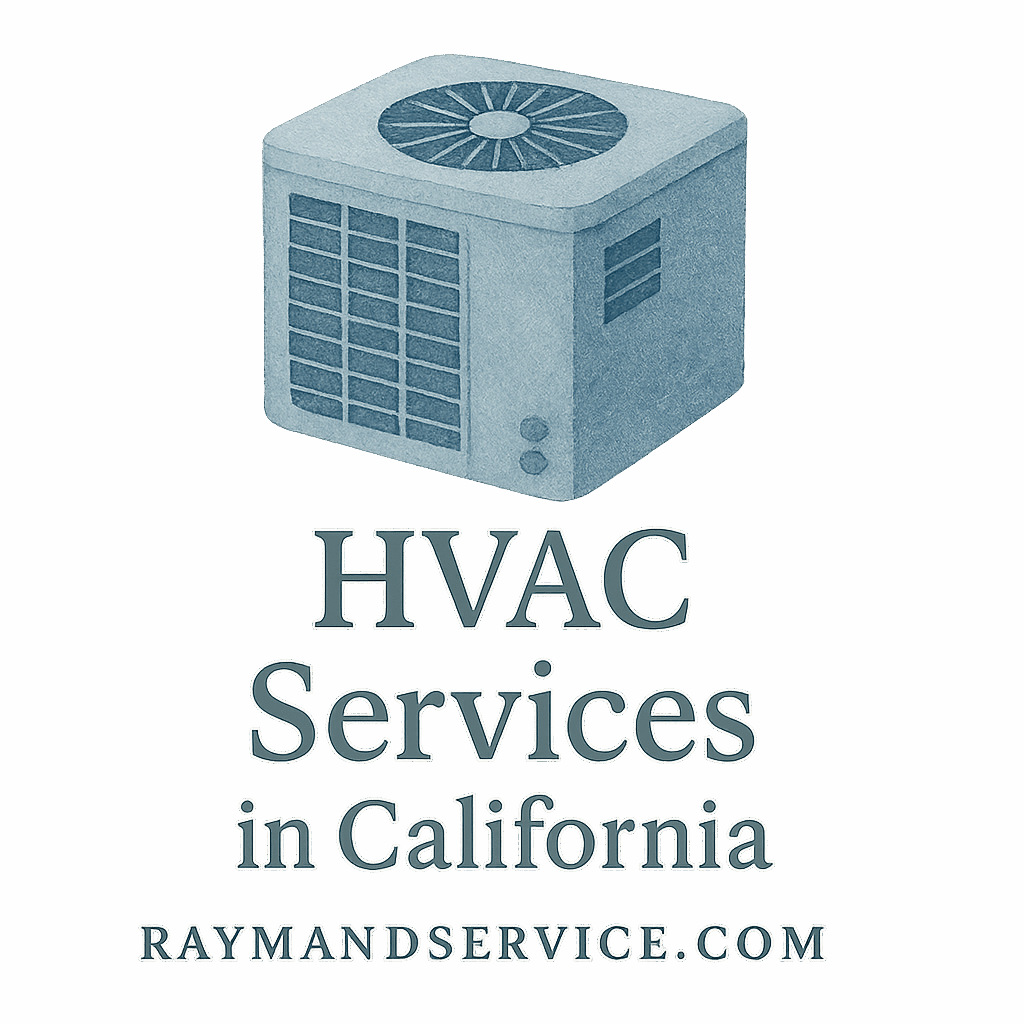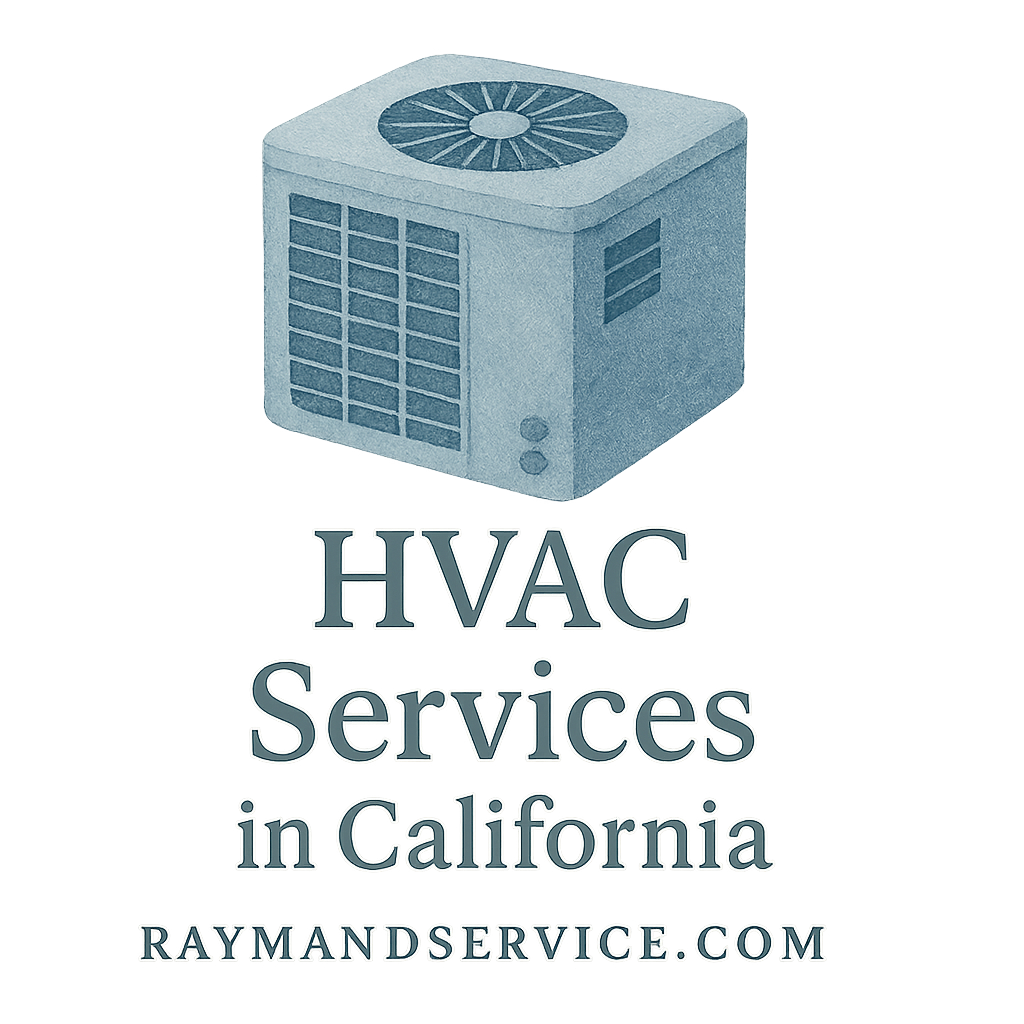Introduction: Why HVAC Maintenance Matters
As temperatures rise and fall throughout the year, your HVAC system works hard to ensure your home or office stays comfortable. However, like all machines, HVAC units can experience problems. Unfortunately, these issues can sometimes be hard to spot until it’s too late. If your HVAC system isn’t functioning properly, it can lead to discomfort, higher utility bills, and even long-term damage to the system itself.
Knowing the warning signs that indicate you need emergency HVAC services can save you time, money, and stress. In this article, we’ll explore 6 warning signs that you need emergency HVAC services, and why it’s crucial to act quickly when these signs arise.
Understanding HVAC Systems
Before diving into the warning signs, it’s important to understand the basics of how your HVAC system works. HVAC stands for heating, ventilation, and air conditioning, and it’s responsible for regulating the temperature and air quality in your home or business. From heating your home during the winter to cooling it in the summer, HVAC systems play a vital role in your comfort.
An HVAC system is made up of several components: the furnace, air conditioner, ductwork, and thermostat. If any of these parts break down or start malfunctioning, the entire system could be affected, which is why timely repairs and maintenance are crucial.
Warning Sign #1: Strange Noises Coming from Your HVAC System
One of the most common warning signs that your HVAC system needs emergency attention is the presence of strange noises. These sounds can vary from a mild hum to loud banging or squealing. But what do these noises really mean?
What Noises Indicate a Problem?
- Rattling or Banging: This usually indicates loose parts inside the system. If the internal components of your HVAC unit are loose, it could lead to severe damage if not addressed immediately.
- Squealing or Screeching: These sounds often suggest that the blower belt or motor is malfunctioning. This could cause your system to stop working altogether if left untreated.
- Hissing or Whistling: These noises could be a sign of a refrigerant leak or airflow issues.
How to Handle Strange Noises?
If you notice any of these strange noises, it’s best to call for emergency HVAC services. Delaying repairs can worsen the problem, and may even lead to total system failure. An expert technician can pinpoint the exact cause of the noise and fix it before it causes further damage.
Warning Sign #2: Inconsistent Airflow
Another major sign that your HVAC system needs attention is inconsistent airflow. When air doesn’t flow freely throughout your home, it can affect your comfort and your system’s efficiency.
Why Is Consistent Airflow Crucial?
Consistent airflow is essential for your HVAC system to maintain the temperature and air quality in your space. Blocked vents, dirty air filters, or problems with the blower motor can reduce airflow, leading to higher energy consumption and poor temperature control.
How to Identify Airflow Problems?
If you notice certain rooms that are hotter or colder than others, or if your HVAC system is constantly running but not achieving the desired temperature, it’s time to investigate airflow problems. The first step is to check your air filters. If they are clogged, replace them. If airflow continues to be inconsistent, call a professional HVAC technician for further inspection.
For more on how to enhance airflow, you can check out our energy efficiency upgrades.
Warning Sign #3: Unusual Odors
If you start noticing strange odors coming from your HVAC system, it could indicate a serious issue. From burning smells to musty odors, these signs should not be ignored.
What Types of Odors Are Dangerous?
- Burning Smell: If you smell something burning, it could be an electrical problem or a sign that your system is overheating. Either way, this requires immediate attention.
- Musty or Moldy Smell: This could indicate mold or mildew growth in your ductwork, which can affect air quality and health.
- Rotten Egg Smell: If your HVAC emits a sulfurous smell, there may be a gas leak. This is a serious issue and requires emergency HVAC services immediately.
When to Call for Emergency HVAC Help?
If you detect any unusual odor, it’s essential to turn off your HVAC system and call for emergency services. An HVAC technician will quickly diagnose the problem and ensure that your system is safe to operate.

Warning Sign #4: High Energy Bills
Are your energy bills higher than usual, despite using your HVAC system as you normally would? This could indicate that your system isn’t operating efficiently, which might be a result of underlying issues.
How Energy Efficiency Affects Your Bills
Inefficiency in your HVAC system means it has to work harder to maintain your desired temperature, leading to higher energy consumption and subsequently, higher energy bills.
Steps to Take When Your Energy Bills Soar
First, check your air filters, as clogged filters can increase energy usage. If that doesn’t solve the issue, call a professional to check for system leaks, ductwork problems, or refrigerant issues.
Warning Sign #5: Leaking Refrigerant
If your air conditioning system is struggling to cool your home, it may be low on refrigerant. Leaking refrigerant is a serious issue that can damage your air conditioning unit if not repaired promptly.
What Happens When Your HVAC System Runs Low on Refrigerant?
Refrigerant is essential for cooling your home. If your HVAC system runs low on refrigerant, it will not be able to cool the air efficiently. This will lead to the system working harder, consuming more energy, and potentially freezing up.
Signs of Refrigerant Leaks
If your HVAC system is blowing warm air, running longer than usual, or producing ice on the coils, it’s time to call for emergency HVAC services.
Warning Sign #6: System Fails to Start
The most obvious warning sign that your HVAC system needs emergency repair is when it fails to turn on. If the system won’t start, it could be caused by several issues, from a faulty thermostat to a tripped breaker.
What to Do When Your HVAC System Won’t Turn On?
Before calling a technician, check if the thermostat is set to the correct temperature and if the breaker is switched on. If everything appears normal but your HVAC still won’t turn on, it’s time to call an expert.
Potential Causes of HVAC System Failures
- Faulty thermostat
- Dirty air filters
- Broken fan or motor
- Blown capacitor or fuse
Conclusion: When to Call Emergency HVAC Services
Regular HVAC maintenance is essential for ensuring that your system runs efficiently and doesn’t break down unexpectedly. If you notice any of the signs mentioned above, it’s important to call emergency HVAC services immediately. Early intervention can save you from expensive repairs and help prolong the lifespan of your system.
If you’re experiencing issues with your HVAC system, don’t wait until it’s too late. Our team at Raymand Service specializes in residential HVAC services, commercial HVAC services, and more. We offer seasonal HVAC services in CA, ensuring your HVAC system stays in top shape year-round.
Frequently Asked Questions (FAQs)
Q1: How often should I have my HVAC system inspected?
It’s recommended to have your HVAC system inspected at least once a year to ensure it’s operating efficiently.
Q2: What can I do to improve airflow in my HVAC system?
Regularly change your air filters and ensure that vents are not blocked. Additionally, consider upgrading your system with energy-efficient components.
Q3: How do I know if I have a refrigerant leak?
Signs of a refrigerant leak include warm air blowing from your air conditioner and ice forming on the coils.
Q4: Can high energy bills be caused by my HVAC system?
Yes, if your HVAC system is not operating efficiently, it can lead to increased energy consumption and higher bills.
Q5: What should I do if I smell something burning from my HVAC?
Immediately turn off your system and contact an emergency HVAC service. A burning smell could indicate an electrical issue.
Q6: How long do HVAC systems typically last?
Most HVAC systems last between 10 to 15 years, but regular maintenance can extend their lifespan.
Q7: Is it safe to continue using my HVAC system if I notice one of these warning signs?
It’s best not to ignore warning signs. Continuing to use a malfunctioning HVAC system can lead to more serious issues and higher repair costs.


